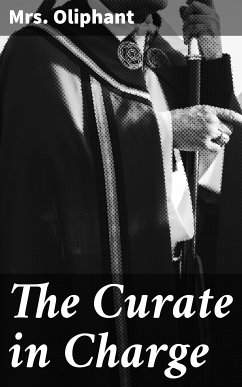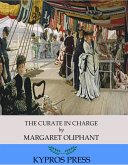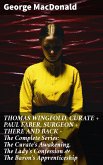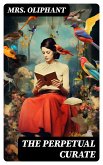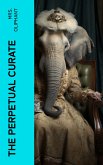In "The Curate in Charge," Mrs. Oliphant intricately weaves a narrative that explores the delicate interplay of faith, duty, and personal aspiration within the confines of the Victorian church. The novel is characterized by its incisive character studies, rich descriptive prose, and a keen awareness of social dynamics. Through the experiences of its central figure, a curate wrestling with the constraints of ecclesiastical responsibilities and personal desires, Oliphant critiques the era's moral fabric while probing deeper philosophical questions about the nature of service and sacrifice. The text reflects the nuanced understanding of gender roles, hinting at the broader societal constraints faced by individuals during this period. Mrs. Oliphant, a prominent 19th-century Scottish author, was known for her acute observations of contemporary society and her ability to portray the complexities of human emotion. Her broad experience, stemming from a rich literary career that included historical fiction, social commentary, and various essays, directly influenced her portrayal of clerical life and moral dilemmas. Oliphant's keen insights into the challenges faced by women and clergymen alike reveal her profound understanding of Victorian England's evolving moral landscape. This compelling novel is a recommended read for those interested in Victorian literature, social studies, and character-driven narratives. Oliphant'Äôs keen observations and empathetic characterizations challenge readers to reflect on their own sense of duty and moral conviction, making "The Curate in Charge" a thought-provoking exploration of the human spirit.
Dieser Download kann aus rechtlichen Gründen nur mit Rechnungsadresse in A, B, BG, CY, CZ, D, DK, EW, E, FIN, F, GR, H, IRL, I, LT, L, LR, M, NL, PL, P, R, S, SLO, SK ausgeliefert werden.

